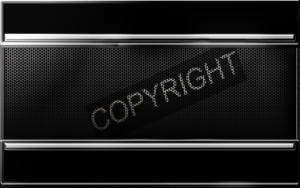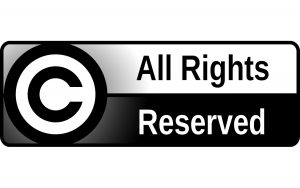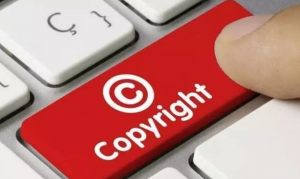CFI take: With intellectual property (IP) being a huge part of the entertainment business, who owns what part of it, and where those assets are held, becomes a critical decision when expanding in China.

Clients often ask us which of their entities should own their IP (patents, trademarks, and copyrights) in China. The basic answer is usually simple: whichever entity will be using the IP in China.
There are some perfectly legitimate reasons for wanting to separate the ownership and exploitation of IP rights – reasons related to tax, liability, or corporate structure. But in the vast majority of situations, the only time IP ownership matters in China is when you are trying to enforce your IP rights. Chinese lawyers are expert at creating delay, and they know exactly how to exploit evidentiary gaps. And if you are attempting to bring an enforcement action in China but the plaintiff is not the registered owner of the IP, expect your dispute to take much longer than usual.
The Chinese lawyer on the other side will likely argue that someone who is not the registered owner of the IP cannot bring an action to enforce the IP rights and the mere fact the companies are under common control won’t be sufficient. A properly drafted license agreement might be sufficient – so long as the agreement is written in Chinese, registered with the appropriate authorities in China, enforceable under Chinese law, notarized, and authenticated by the Chinese Embassy, and so long as you do not run into any use issues. See China Trademarks: When (and How) to Prove Use of a Mark in Commerce. You can probably guess how often all of these things are done and done right by American and European companies. Most of the IP license agreements we are asked to review – no matter whether the company that comes to us is a two-person startup or a Fortune 100 company – are in English and governed by the laws of whatever country the plaintiff is in.
You better believe the Chinese lawyer for the Chinese company you sue in China for infringing on your China IP will be questioning each link in the evidentiary chain of your IP and pointing out each potential problem. If you’re lucky, you’ll have the chance to fix each of these problems in time before you sue, but doing so could add weeks or months or years to the process. And meanwhile, the infringing party will be going about their business using “your” IP. It’s death by a thousand (paper) cuts, and it’s a losing game.
Unless you have a really good reason to split ownership and use of your China IP into different entities, just keep it simple and use one company.
— This article originally appeared on China Law Blog.





